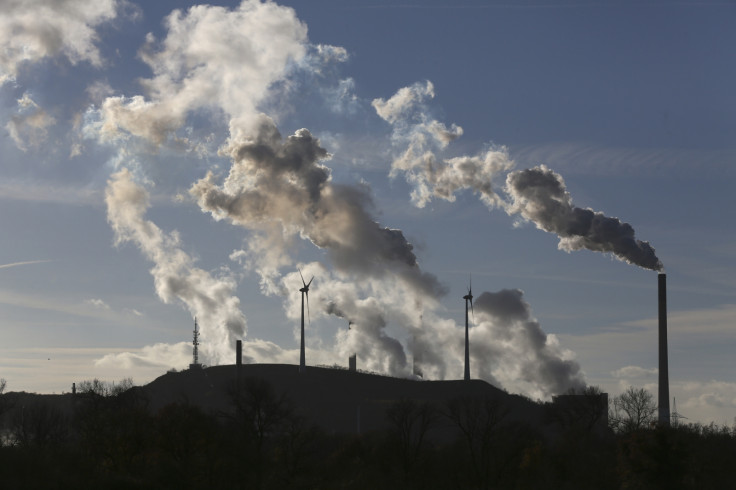Global warming slowdown has no effect on projected 5C temperature rise by 2100

The global warming slowdown seen over the past few decades has no effect on the temperature increases expected by 2100 – currently on track to be 5C.
The warming "hiatus" is often used by certain groups to argue that carbon emission-cutting policies should be scrapped, saying the slowdown shows models of climate change are wrong and the risks have been over-exaggerated.
Over the past 20 years or so, temperatures have not risen at the rate scientists had predicted. The term hiatus is not really reflective of what has happened - rather than rising very quickly, they went up at a bit of a snail's pace.
The study published in the journal Nature Climate Change shows the slowdown reflects short-term variability – not the long-term warming that could reach dangerous levels in the coming decades.
Matthew England, lead author and chief investigator with the ARC Centre of Excellence for Climate System Science, told IBTimes UK: "People confuse climate variability and climate change. The plateau in warming over the past 15 years is just due to variability: what's worrying is that the conditions in the Pacific should have made it a cool period. Instead, temperatures have remained steady at record high levels."
The study compared climate models that show the slowdown and those that do not. They took 200 climate simulations and re-evaluated them through to 2100 by comparing those that took the hiatus into account and those that do not.
Models were analysed using one of two IPCC carbon emission projections – one where greenhouse gas concentrations rise as they have been and the other where emissions are reduced to try to address global warming. In the second scenario, projections assume warming will peak around 2040 before declining.

Under the first scenario, warming was 0.1C warmer than the second scenario – a tiny fraction of the current estimate of 5C warming by 2100 if emissions are not curbed.
"This shows that the slowdown in global warming has no bearing on long-term projections - it is simply due to decadal variability. Greenhouse gases will eventually overwhelm this natural fluctuation," England said in a statement.
"Our research shows that while there may be short-term fluctuations in global average temperatures, long-term warming of the planet is an inevitable consequence of increasing greenhouse gas concentrations. This much-hyped global warming slowdown is just a distraction to the task at hand."
England said he was surprised at just how little the slowdown affected future warming, saying people had assumed low sensitivity climate models (which do not respond as much to increased CO2) would show the hiatus. He said: "It turned out that a full range of models were resolving a hiatus at the right time. So when we move forward in time, the projections play out with a full range of climate sensitivity."
Speaking about the target of 2C warming by the end of the century, England said he believes this can still be met.
He said: "It just needs drastic action to reduce carbon emissions - and some luck that the climate system cooperates and amplifying feedbacks aren't too strong. The first factor we can control – the second we can't – but the second becomes a much higher risk if we do nothing about carbon emissions."
© Copyright IBTimes 2025. All rights reserved.






















